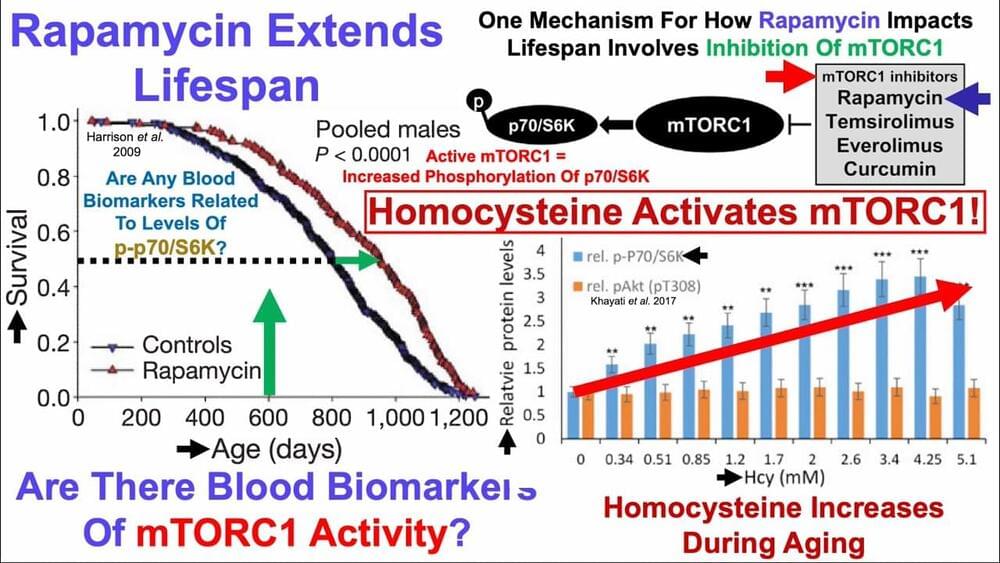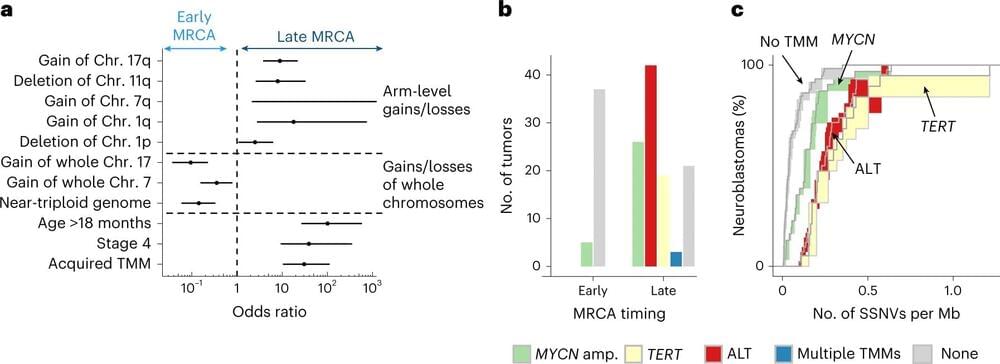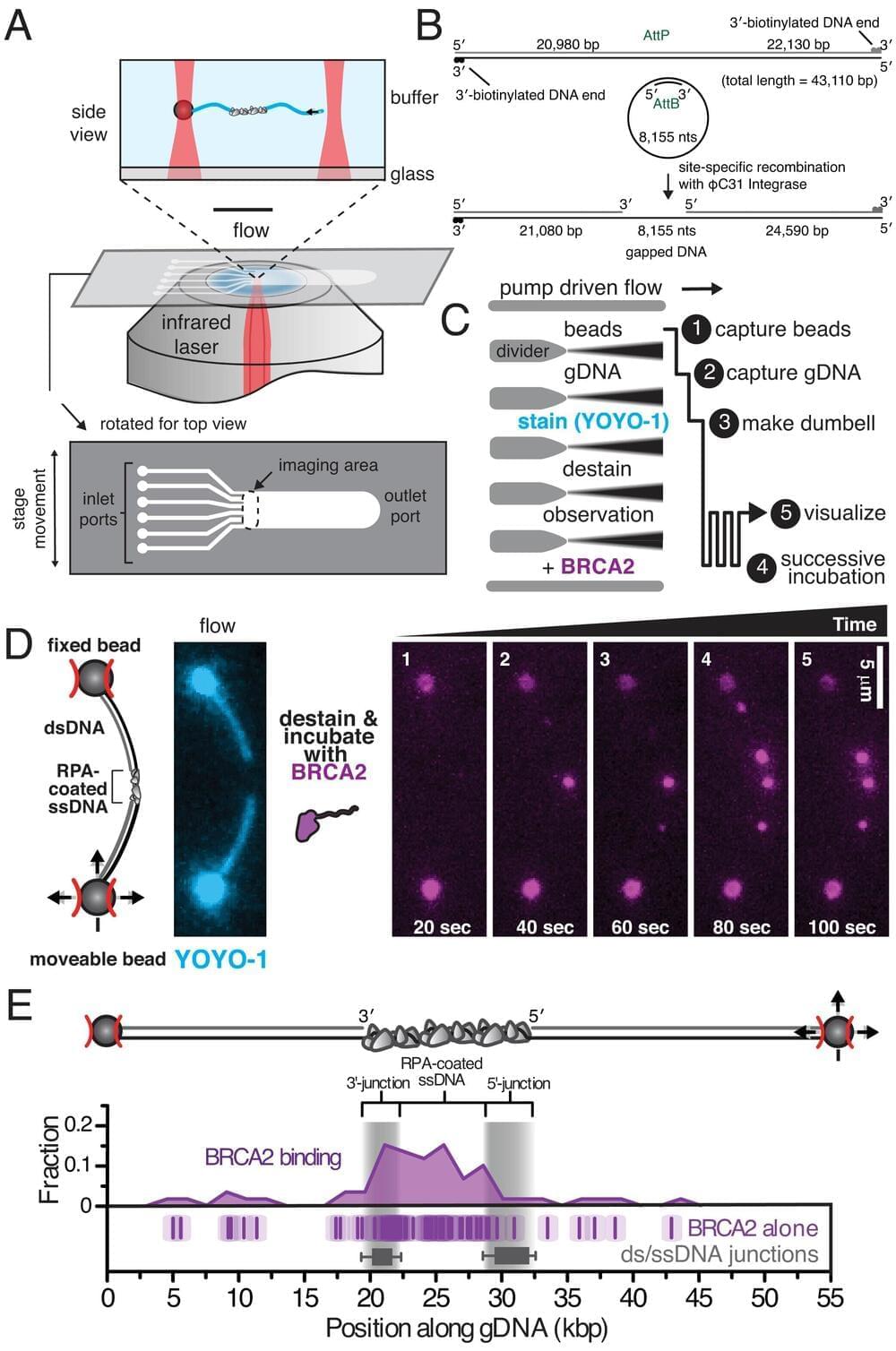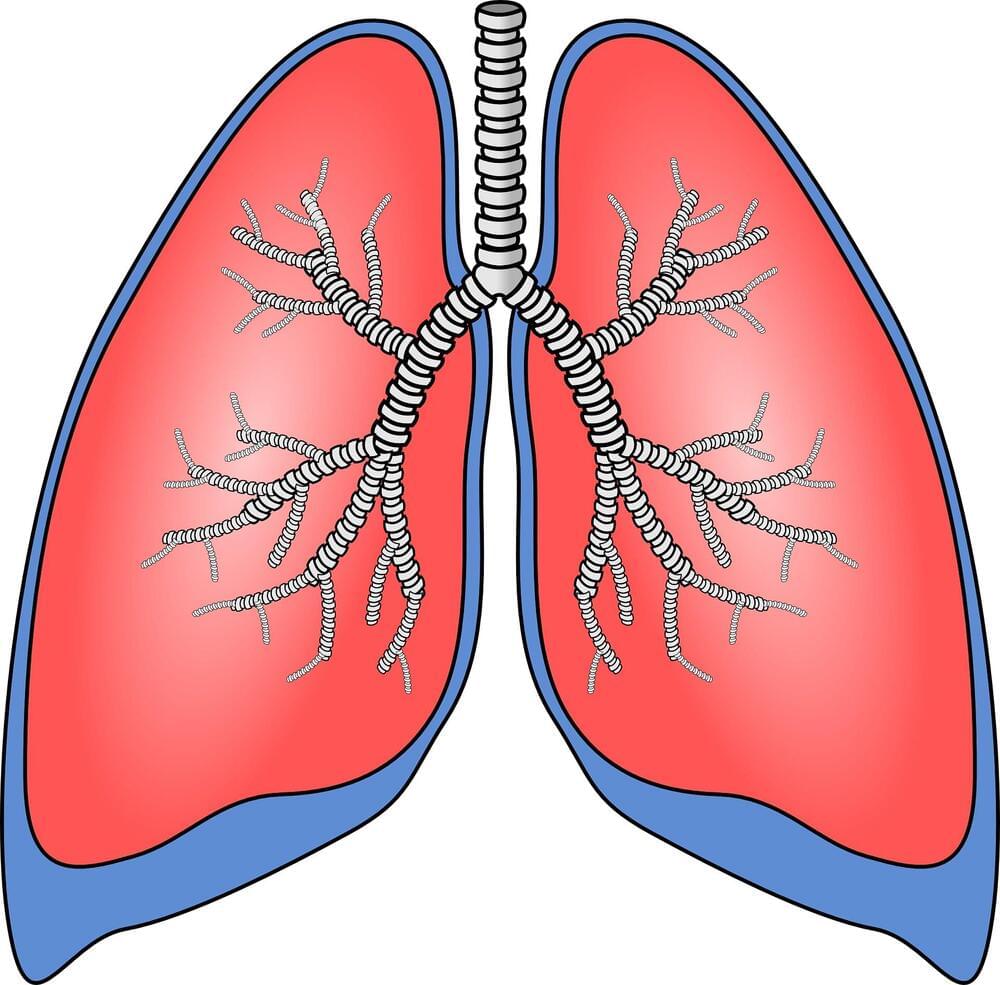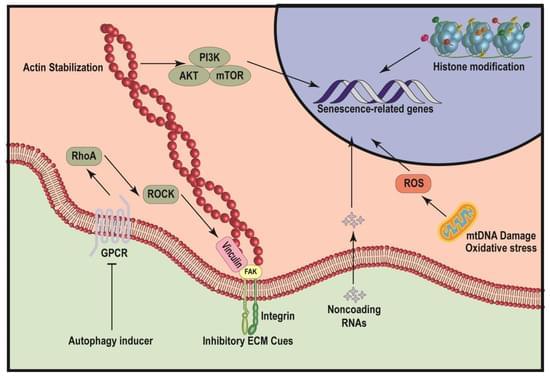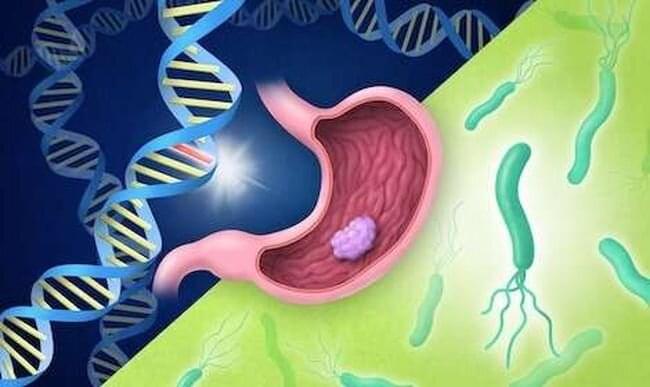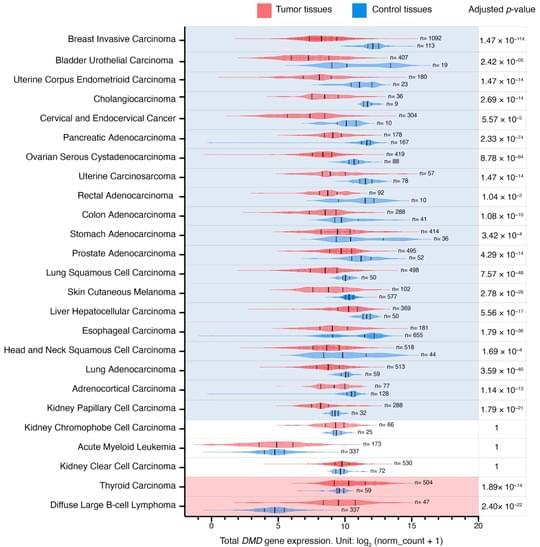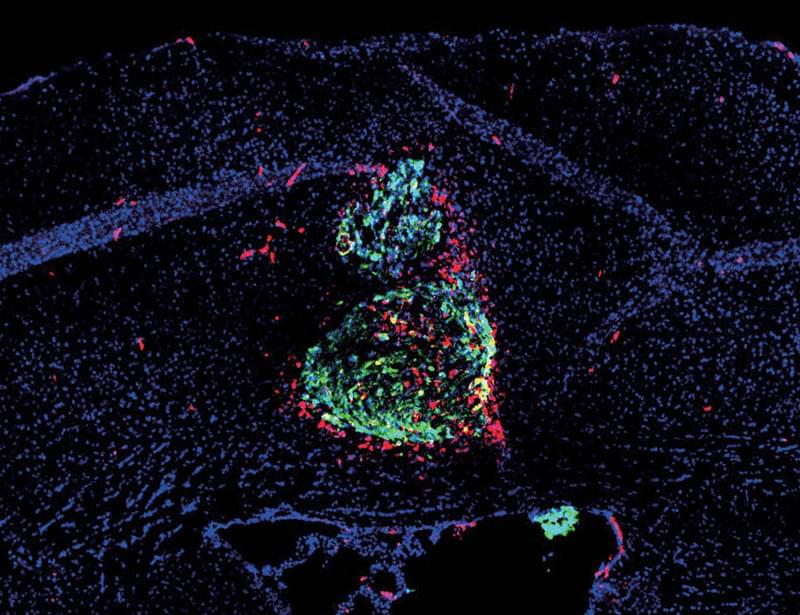
Nanomedicine uses nanomaterials [e.g., carbon nanotubes (CNTs), nanoparticles, and nanodiscs] or organic nanostructures (e.g., DNA origami and liposomes) for drug delivery (8–10), medical imaging (11–14), and tissue regeneration (15). Nanomaterials offer therapeutic efficacy through their tissue permeation, interaction with an external energy source, and capability to be combined with other therapeutic modalities (16, 17). Because we recently demonstrated that GBM cells are mechanosensitive (18), we set to use nanomaterials to develop a nanoscale mechanical approach to treat GBM. Mechanical perturbation has been investigated as an approach to target cancer cells. For example, magnetic field–actuated nanomaterials compromise the integrity of plasma membrane, leading to the death of in vitro–cultured GBM cells (19) and breast cancer cells (20). GBM cells, which were preincubated with magnetic nanoparticles, were implanted into mice to generate xenograft tumors. A rotating magnetic field, which was then applied to these magnetic particles–harboring tumors, suppressed GBM growth (21). Similarly, magnetic field mobilization of mitochondria-targeting magnetic nanoparticle chains demonstrated efficacy in inhibiting GBM growth in mice (22). While these studies showed that magnetic field–controlled nanomaterials can be used in cancer treatment, the utility of magnetic nanomaterials in treating chemoresistant tumors, the root cause of tumor relapse and patient death, remains unexplored.
GBM displays an extreme level of heterogeneity at genomic, epigenetic, biochemical signaling, and cellular composition levels (23). The heterogeneous nature of GBM confers treatment resilience to tumors and leads to a unifying therapy resistance mechanism; i.e., suppressing selected proteins or biochemical pathways provides a fertile ground for alternative signaling mechanisms, which are not targeted by the given therapy, to fuel GBM growth (24). In other words, the “whack-a-mole” approach failed to benefit patients with GBM for decades. For this reason, we hypothesized that nanomaterial-based mechanical treatment of cancer cells, rather than specific targeting of signaling pathways, can overcome the therapy resistance of this biologically plastic disease. To this end, we engineered a mechanical nanosurgery approach using magnetic CNTs (mCNTs; nanotubes with carbon surface and a cavity filled with iron particles) based on the following reasons.
